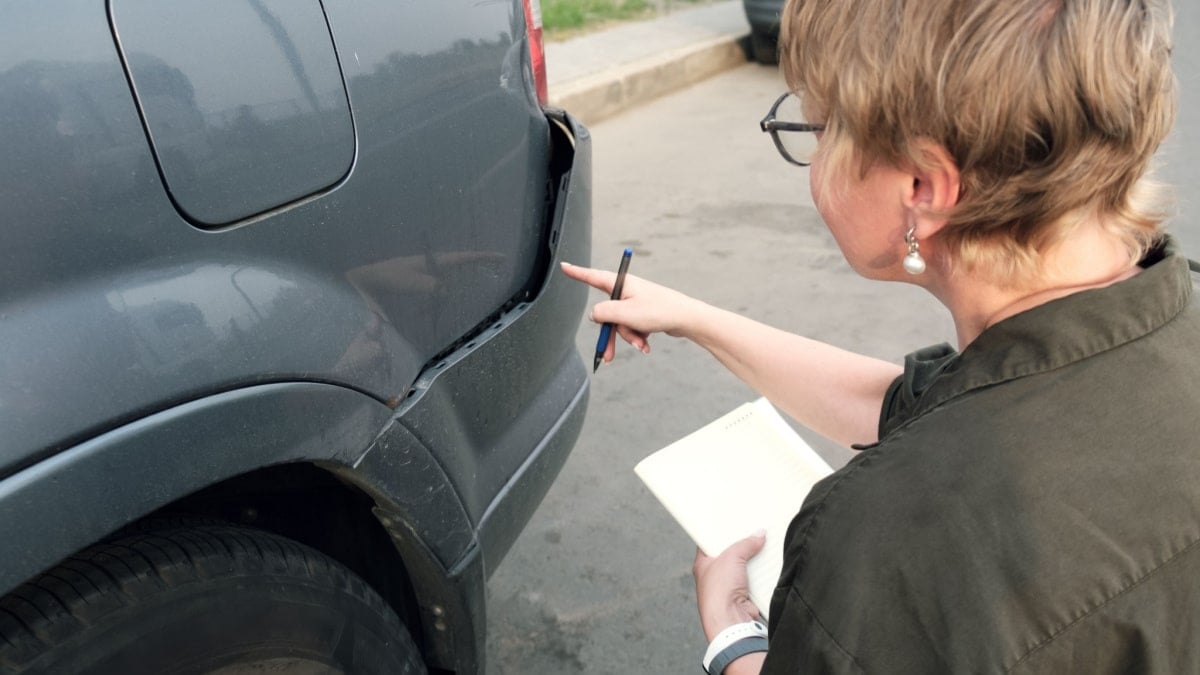Can you cancel claim car insurance – Navigating the complexities of car insurance can be a daunting task, especially after making a claim. Understanding the intricacies of canceling car insurance after a claim is paramount to ensuring a smooth transition and avoiding potential pitfalls. This comprehensive guide delves into the nuances of this process, providing valuable insights into the steps involved, effective dates, fees, refunds, and alternative options.
Delving into the specifics, we will explore the implications of canceling car insurance on your insurance history, emphasizing the significance of documentation and record-keeping throughout the process. By equipping you with the necessary knowledge, this guide empowers you to make informed decisions regarding your car insurance, ensuring you navigate the complexities with confidence.
Cancellation Process

Canceling your car insurance can be a straightforward process, but it’s essential to follow the correct steps to ensure a smooth transition. Here’s a detailed guide to help you cancel your car insurance effectively:
Contacting the Insurance Company
The first step in canceling your car insurance is to contact your insurance company. You can do this via phone, email, or in person at their office. It’s recommended to call during business hours to connect with a representative directly.
Submitting a Cancellation Request
Once you’ve contacted your insurance company, you’ll need to submit a cancellation request. This typically involves providing your policy number, personal information, and the date you want the cancellation to take effect. Some insurance companies may require you to submit a written cancellation request, while others may allow you to cancel over the phone.
Effective Date of Cancellation
The effective date of cancellation is the date on which your car insurance policy is officially terminated. This date is important because it determines when your coverage ends and when you are no longer responsible for paying premiums.
The effective date of cancellation is typically the date you request the cancellation, or the date specified in your cancellation notice. However, there may be some exceptions to this rule. For example, if you cancel your policy due to non-payment of premiums, the effective date of cancellation may be the date your policy lapsed.
Coverage and Premium Payments
The effective date of cancellation affects your coverage and premium payments in the following ways:
- Coverage:Your coverage will end on the effective date of cancellation. This means that you will no longer be covered for any accidents or other incidents that occur after this date.
- Premium payments:You will only be responsible for paying premiums up to the effective date of cancellation. If you have already paid premiums for a period after the effective date of cancellation, you may be entitled to a refund.
Fees and Penalties
Canceling your car insurance policy may involve fees or penalties depending on the insurance company and the terms of your policy. It’s essential to understand these potential costs before initiating the cancellation process.
The most common fee associated with canceling car insurance is a cancellation fee. This fee is typically a flat amount charged by the insurance company to cover administrative costs associated with processing the cancellation request. The amount of the cancellation fee can vary depending on the insurance company and the policy terms.
In some cases, the cancellation fee may be waived if you cancel your policy within a certain period of time after purchasing it.
Refund of Premiums
When you cancel your car insurance policy, you may be eligible for a refund of any unused premiums. The amount of the refund will depend on the amount of time remaining on your policy and the terms of your policy.
In some cases, you may not be eligible for a refund if you cancel your policy within a certain period of time after purchasing it.
Pro-rated Refund, Can you cancel claim car insurance
If you cancel your car insurance policy before the end of the policy period, you may be eligible for a pro-rated refund. A pro-rated refund is a refund of the unused portion of your premium, calculated based on the number of days remaining on your policy.
Short-term Policies
If you have a short-term car insurance policy, you may be subject to a higher cancellation fee than a long-term policy. Short-term policies are typically more expensive than long-term policies, and the cancellation fee may reflect the higher cost of the policy.
No-fault States
In no-fault states, you may be required to pay a cancellation fee if you cancel your car insurance policy. No-fault states require all drivers to carry personal injury protection (PIP) insurance, and the cancellation fee may be used to cover the cost of PIP benefits for any accidents that occur after you cancel your policy.
Refund Policy
When you cancel your car insurance policy, you may be eligible for a refund of any unused premiums. The amount of the refund will depend on the terms of your policy and the date of cancellation.
Generally, if you cancel your policy before the end of the term, you will receive a refund for the unused portion of your premium. The refund will be calculated based on the number of days remaining in the policy term and the amount of premium you have already paid.
Issuance of Refund
The insurance company will typically issue the refund within 30 days of receiving your cancellation request. The refund will be issued in the same form as the payment you made for the policy, such as a check or direct deposit into your bank account.
Alternative Options
Canceling car insurance is not the only option available. There are alternative options that may be more suitable depending on your circumstances.
Two common alternatives are suspending coverage and transferring the policy. Let’s explore each option and its pros and cons:
Suspending Coverage
- Pros:
- Pause your coverage temporarily, reducing your insurance costs.
- Resume coverage whenever you need it.
- Cons:
- May not be available in all states.
- Your vehicle will not be covered while the policy is suspended.
Transferring the Policy
- Pros:
- Keep your insurance coverage active while transferring the policy to another driver.
- Avoid cancellation fees.
- Cons:
- The new driver may have to pay a higher premium.
- The transfer may not be possible if the new driver has a poor driving record.
Impact on Insurance History

Canceling car insurance can have a negative impact on a driver’s insurance history. Insurance companies consider a driver’s claims history, including cancellations, when determining insurance premiums.
When a driver cancels their insurance policy, it creates a gap in their coverage. Insurance companies view this as a risk factor, as it indicates that the driver may not be financially responsible or may be engaging in risky driving behavior.
Consequences for Future Premiums
- Increased premiums:Drivers who cancel their insurance policy may face higher premiums when they reapply for coverage in the future.
- Difficulty obtaining coverage:In some cases, drivers who have canceled their insurance policy may have difficulty obtaining coverage from some insurance companies.
Documentation: Can You Cancel Claim Car Insurance
When canceling your car insurance policy, it’s crucial to have the necessary documentation to ensure a smooth process. These documents provide proof of your identity, vehicle ownership, and insurance coverage.
The following is a list of documents that may be required for car insurance cancellation:
- Policy Number:This unique identifier helps the insurance company locate your policy and process the cancellation request.
- Vehicle Registration:Proof of vehicle ownership is essential, especially if you’re the registered owner.
- Driver’s License:This document verifies your identity and driving history, which may be relevant for cancellation purposes.
It’s advisable to keep a record of your cancellation request, including the date, time, and method of communication (phone, email, or in-person). This documentation serves as evidence of your request and can be helpful in case of any disputes or misunderstandings.
Epilogue
In conclusion, canceling car insurance after making a claim requires careful consideration of various factors, including the cancellation process, effective date, fees, refund policy, alternative options, and impact on insurance history. By understanding these aspects, you can make an informed decision that aligns with your specific circumstances.
Remember to document the cancellation process thoroughly and maintain open communication with your insurance company to ensure a seamless transition.